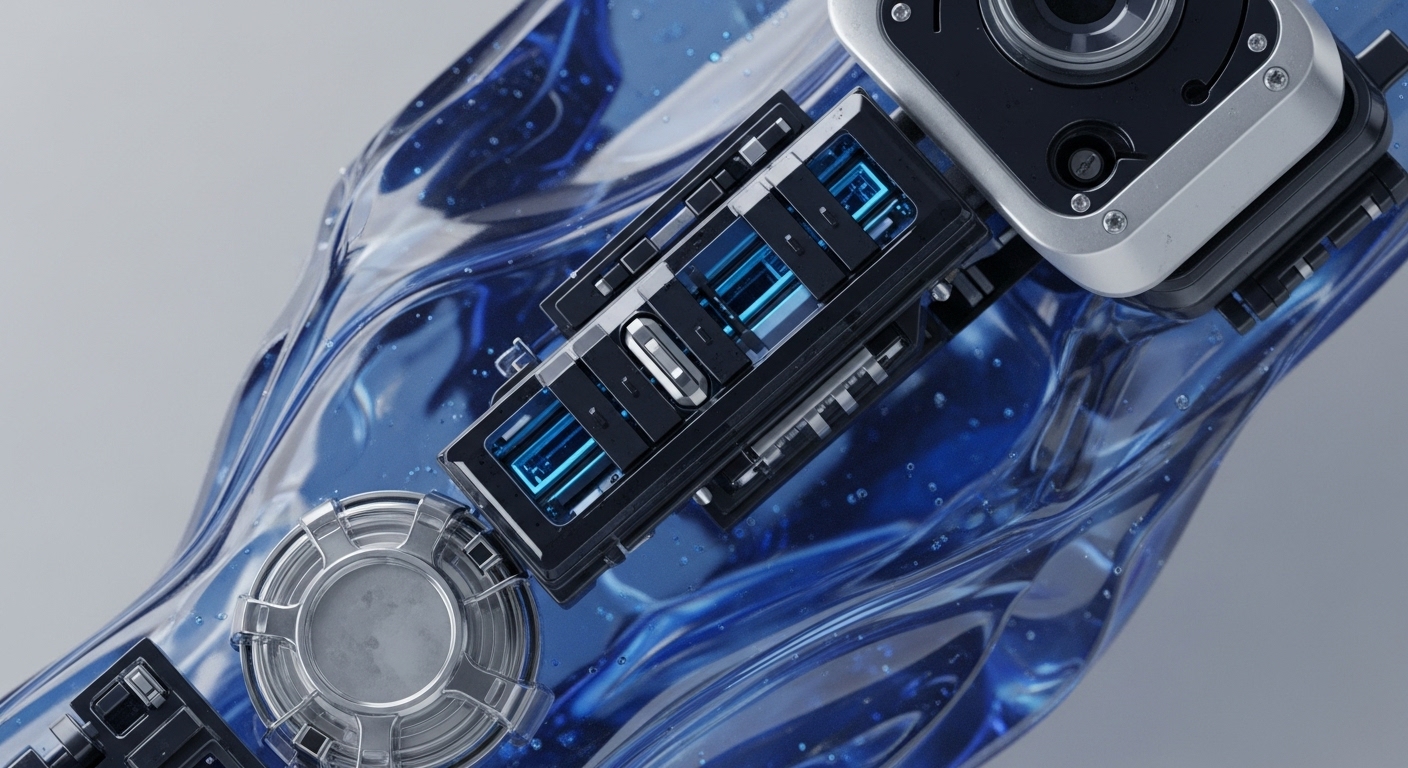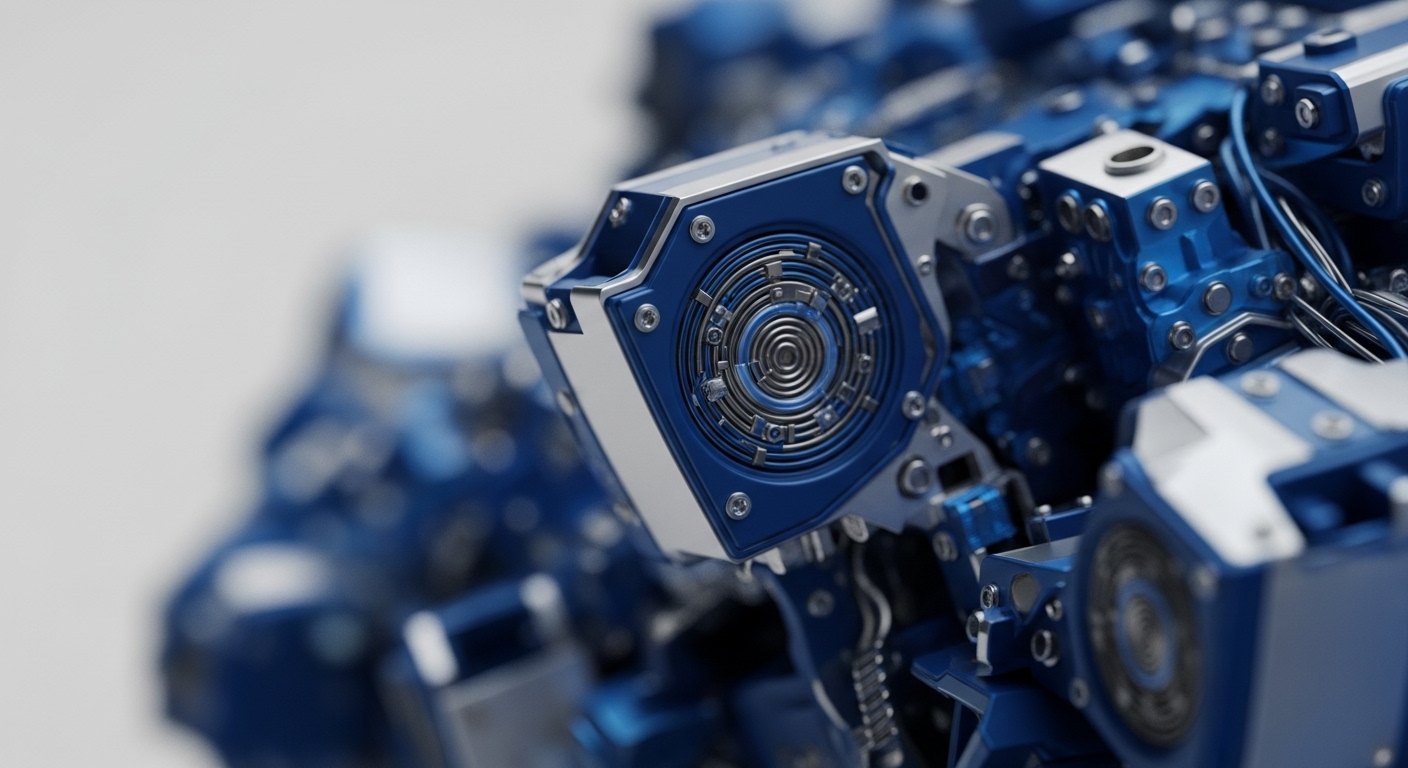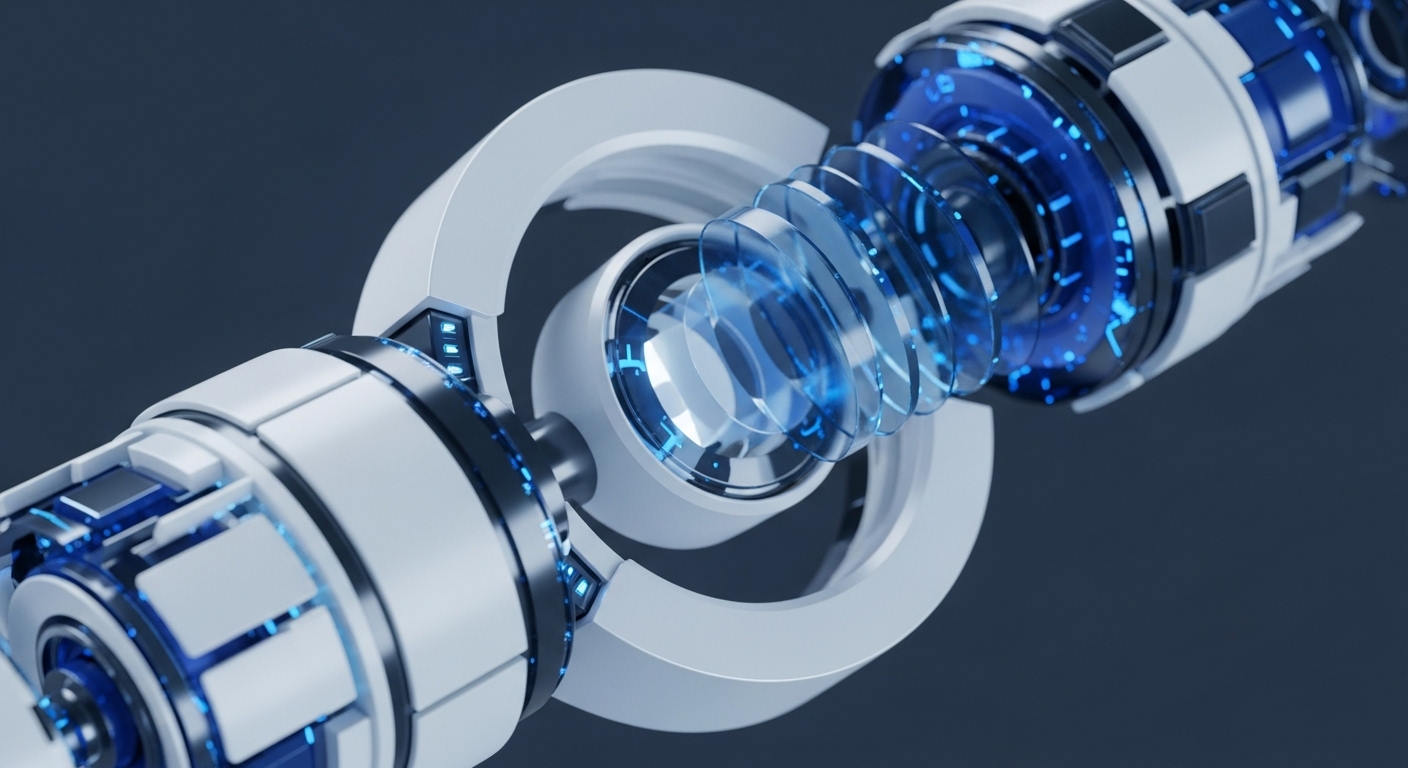
Briefing
The core problem in realizing scalable, stateful computation on-chain is the prohibitive cost of verifying recursive zero-knowledge proofs at every step, driven by high recursion overhead in prior systems. This research introduces the Folding Scheme , a novel primitive that fundamentally re-architects Incremental Verifiable Computation (IVC) by efficiently reducing the task of checking two NP instances into a single, combined instance without requiring a full Succinct Non-interactive Argument of Knowledge (SNARK) for the intermediate steps. This mechanism yields the lowest recursion overhead and fastest prover time reported in the literature, establishing a new efficiency baseline that makes proving the correctness of arbitrarily long-running computations, such as an entire blockchain’s execution history, finally practical.

Context
Foundational blockchain architecture faces a critical challenge in proving the integrity of long-running, sequential computations, a concept known as Incremental Verifiable Computation (IVC). Previous IVC constructions relied on recursive proof composition, where each new proof verified the computation of the current step and the correctness of the previous step’s proof. This approach necessitated embedding a complete SNARK verifier circuit within the proving circuit at every iteration, resulting in a large, complex “recursion overhead” that scaled the proving time and resource consumption beyond practical limits for high-throughput decentralized systems.

Analysis
The paper’s core mechanism is the Folding Scheme , a conceptually simpler and more efficient primitive than a SNARK. The folding scheme operates on a modified constraint system, specifically a “relaxed” Rank-1 Constraint System (R1CS), which includes an auxiliary error vector and a scalar to absorb the accumulation process. The prover’s task is to take two existing relaxed R1CS instances and their corresponding witnesses, and combine them into a single, new relaxed R1CS instance via a random linear combination.
The key logic is that the new, single folded instance is satisfiable if and only if both original instances were satisfiable. This process effectively accumulates the verification work across all steps into a single, final instance, dramatically reducing the computation required at each intermediate step to a simple, constant-sized operation.

Parameters
- Recursion Overhead → Dominated by two group scalar multiplications. This represents the smallest overhead in the literature for a recursive proof system.
- Prover Work → Dominated by two multi-exponentiations of size $O(|F|)$. This provides the fastest prover time, asymptotically and concretely, for an IVC scheme.
- Proof Size (Final) → $O(log |F|)$ group elements. This is achieved by using an existing SNARK only once at the end to compress the final accumulated instance.

Outlook
This breakthrough in IVC efficiency fundamentally redefines the roadmap for scalable decentralized systems. The ability to generate proofs for arbitrarily deep computations with minimal overhead directly enables the next generation of highly efficient Layer 2 solutions, particularly ZK-Rollups, by making the verification of a massive number of transactions practical. Furthermore, it unlocks the feasibility of verifiable state machine replication for entire virtual machines, allowing a succinct proof of the total execution history. Future research will focus on extending the folding scheme to non-uniform computation and integrating it with other commitment schemes to further reduce the final proof size and eliminate the need for any auxiliary SNARK compression.

Verdict
The introduction of folding schemes is a foundational cryptographic advance that resolves the efficiency bottleneck of recursive proofs, establishing the essential primitive for truly scalable blockchain architectures.
